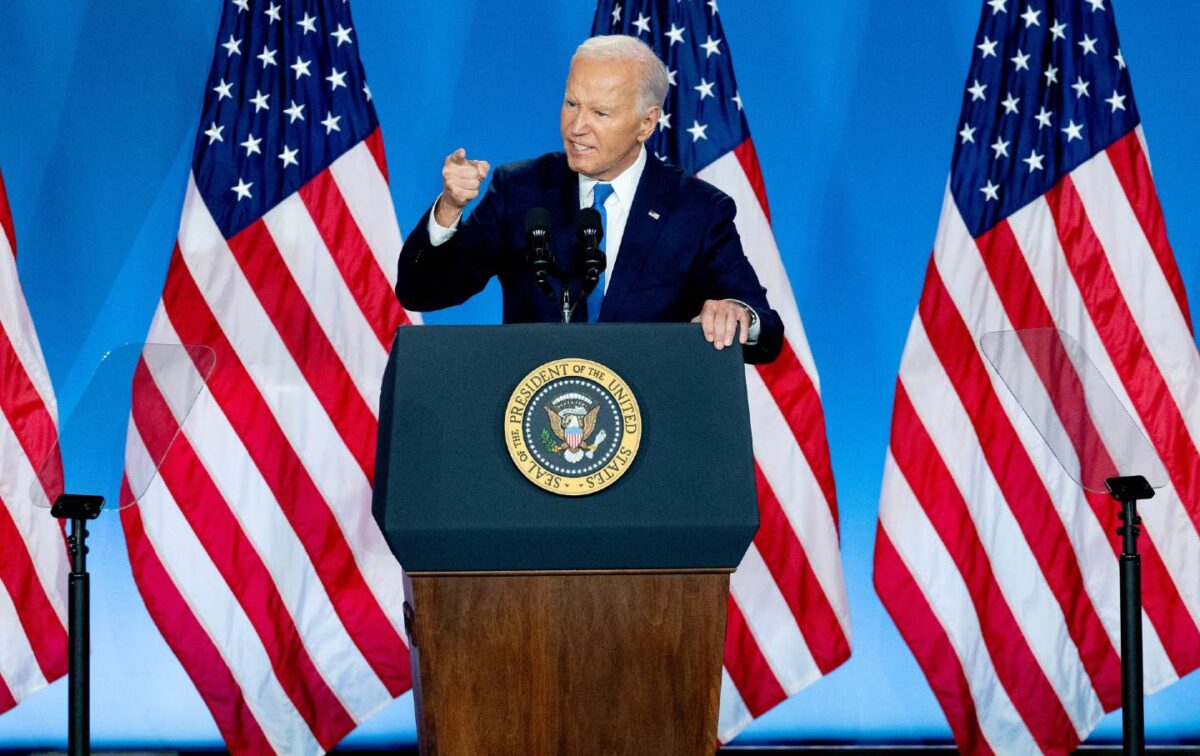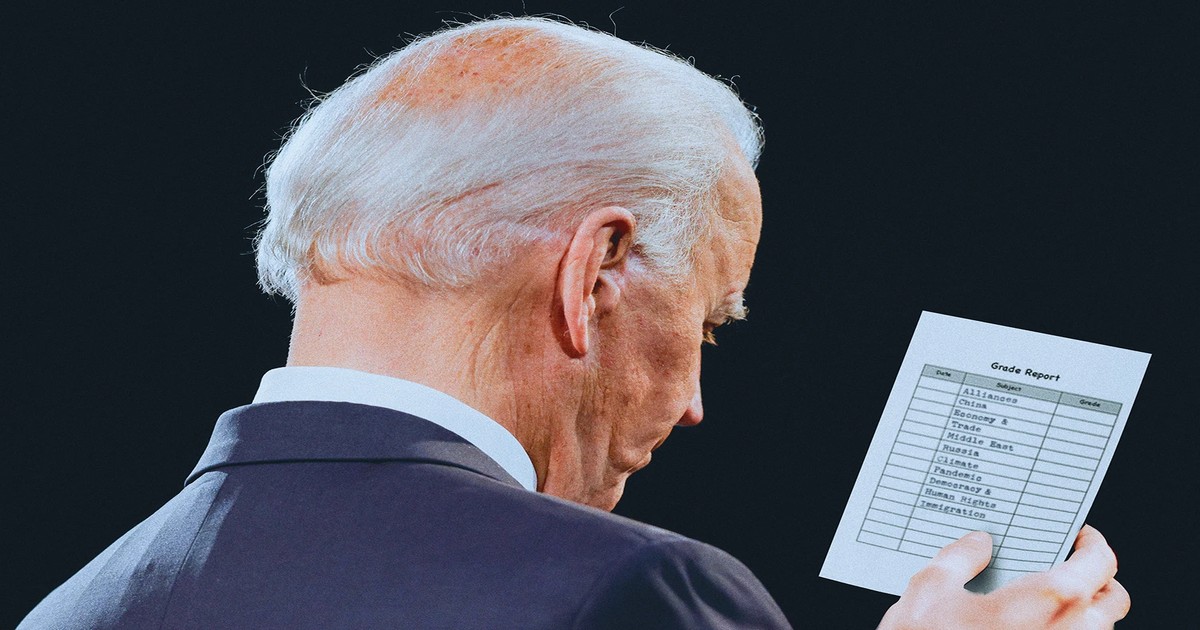Salil Gewali
St. Anthony College of Meghalaya made a decision to make uniforms mandatory for college students from 2024 triggered commotion! The fact that one of the most prestigious institutes in the Northeast India has opted for this decision must have some “substantial reasons”. Students may as well have their own reasons to push back. Let’s be clear, greed for money must not be the motive here, especially for a college named after the virtuous saint Anthony of Padua, as some are claiming. It even offended me, being an alumnus of the college. Well, one B.Sc. student from another college argues that upholding “academic values and environment” seems more important than marching students into a fashion parade of uniforms. I think we should evaluate the pros and cons without being biased.

Great minds like Pascal, Leibniz, Newton, Kant, Marie Curie — what we specifically study in classrooms — didn’t need uniforms to shine. To say uniforms alone boost brainpower is as silly as claiming eating food from a dining table only gives us energy. Of course, we should not disagree that uniforms immensely “contribute” to keeping students from straying into bad habits. I hope the college is very concerned about that; it is indeed commendable. The college students might think twice about taking tobacco products, which is quite prevalent, if they’re in school uniforms. Drug abuse among college students is a serious threat, and mandatory uniform undeniably serves as a deterrent. Whether one agrees or not, uniforms always add a sense of discipline and fear for any likely wrong choices. Should we not guard our children from wrong influences, particularly in this digital age? One concerned teacher laments that some senior students have now been emulating fashion styles of models or film stars and they feel no qualm coming to college in less appropriate dresses. This will completely desecrate the temple of academia. Needless to say, “freedom without wisdom” is always dangerous.
Of course, for all practical purposes, grown-up students want to shed those school uniforms like a caterpillar sheds its cocoon after 10 to 15 days. In other words, they “eagerly await” the deadline when they can get rid of the mandatory school uniforms that they have been wearing ever since they were taken to school first by their parents on their laps.
Apart from craving for freedom from school paraphernalia, the young adults sorely desire the space that provides them with the opportunity to explore other interests. Many look for chances to balance their studies with other meaningful pursuits that fetch them extra income. Imagine the situation of poor students from distant villages who are forced to work part-time, like giving tuition to students studying in junior classes or working as salesmen in a shop to lighten the financial burden on their parents. Uniforms will be another hurdle for them. This is what I am saying from my own personal experiences. Moreover, no one should undermine the financial strain on families scraping by – for whom even a few thousand rupees for uniforms can derail a student’s academic journey. It is a real fact.

Nevertheless, academic institutes could always insist on “decent and dignified” attire, regardless of its quality. After all, the label on a student’s clothes does not determine how valuable they are. Albert Einstein never wore expensive clothes. Prioritizing quality education and encouraging “creative and constructive” thinking over a strict dress code creates a more equitable and inclusive learning atmosphere. It allows students to be themselves, raising their confidence and sense of belonging. Yes, the institution may adopt appropriate measures to maintain “dignified decorum” on the college campus. The vibes in an academic institute should evoke thoughts of Pascal, Voltaire, Newton, Kant, Marie Curie, but not of Salman Khan, Britney Spears, Shakira, or Beyonce Knowles. I’m sorry for being blunt, finally. No students with wrong choices should violate our academia.
************************ An India-based writer and researcher, Salil Gewali is best known for his research-based work entitled ‘Great Minds on India’ that has earned worldwide appreciation. Translated into thirteen languages, his book has been prefaced by a NASA chief scientist – Dr. Kamlesh Lulla of Houston, USA. Gewali is also a member of the International Human Rights Commission, Zürich, Switzerland.
Views: 113



































